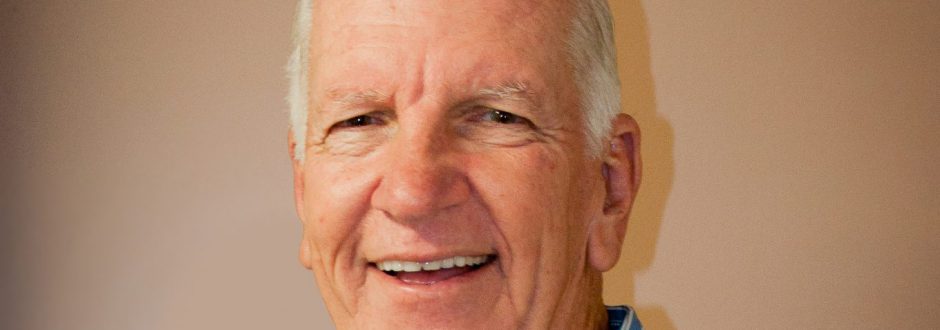Pope Francis’ words and actions are signs of some larger vision that will be revealed to us in due course, writes Garry Everett.
BY Garry Everett
Church media has been all aflutter these last eight weeks with accounts of the new Pope, his words and actions. His simplicity has been criticised by some; his courage to do new things has been decried by others.
He has been saluted for his respect for Vatican II as “a beautiful work of the Holy Spirit” and condemned for allegedly breaching liturgical rubrics and washing the feet of women and Muslims.
How are we to read these “signs of the times”?
I am not a Vaticanologist with a deep appreciation of the inner workings of that ancient and complex organisation. Neither am I a studious observer of papal behaviours. However, it does seem to me that Pope Francis’ words and actions are signs of some larger vision that will be revealed to us in due course.
The danger of course is in getting ahead of ourselves, or worse, ahead of Pope Francis, and trying to predict the future of his papacy with some degree of infallibility.
Allow me to nominate four signs that suggest certain emphases that the Pope is underscoring in these first few weeks of his papacy.
1. He is his own man. There is plenty of evidence of this from his “buona sera” greeting when he first appeared on the balcony after his election, to his decision not to live in the relatively sumptuous papal apartments. ‘Being one’s own man’ implies a great deal of courage; it also indicates that we are in for more surprises, a potential clash of values and some disruptions of the traditional ways of ‘being Pope’. In Francis we have a man who is grounded in his spirituality, who allows his view of God to direct his actions, and a man who is not afraid to take risks for the sake of the Gospel. It is a useful exercise to reflect for a moment on all the qualities that might be associated with ‘being one’s own man’, or woman. My belief is that Francis has done this exercise, and done it well.
2. He is committed to the poor. Already he has expressed the hope that the Church will be “a Church that is poor and for the poor”. That is his hope for us, but for Francis it is about modelling the attitudes, spirituality, and behaviours in his life and actions that reveal the essence of loving the poor. He believes in the scriptural statement that “you will always have the poor with you” (unless you change your ways!). How else do we explain his choice to wash the feet of those in prison, rather than of those in church? His words and actions indicate that he believes that it is in loving service to the least in this world that we will find our own salvation. He ministered in a country whose theologians taught that God will bring down the mighty and raise up the lowly so that all might be equal. Expect to see more lessons on how the poor are a blessing to all of us.
3. He promotes shared leadership. One of his earliest actions was to appoint a Council, an advisory group of eight Cardinals, to help him with governance of the universal Church. Some observers claim that the eight are not all ‘yes men’. If this were true, then Pope Francis is to be congratulated for seeking to engage with others who in some ways will be different from him. Some saw the creation of this Council as diminishing the power of the Pope; others saw it as a more communal form of discernment, a sharing of wisdom, more effective use of power. Is this Council to be seen as a forerunner to other structures that might involve other churches, other faiths, women, laity? Once one begins to share, as the 5000 found, miraculous things begin to happen!
4. He lives in the world. This is not as trite as it may first appear to be. Francis is a student of cultures and is an advocate of enabling the Gospel to dialogue with each and all cultures. In his writings he speaks of “the mission not being opposed to learning from the city”. Clearly, the Pope wants ‘the book of the Word’ and ‘the book of life’ to be read together. He has said on many occasions that the Church must be missionary, and that mission is to engage the cultures of the world. This engagement is not to be a military style battle with victory as its outcome. Rather, the engagement is to be based on mutual respect and its outcome to be the promotion of the common good. The dialogue with cultures brings risk-taking and the need for flexibility – qualities Francis seems keen to model for all of us.
What do you think about the Pope’s words and actions and their implications for Catholics and others? Francis has many challenges that lie ahead of him, not least those in the areas of morality, human rights and political policies. We cannot presume to know what he will teach on certain problematic issues, but we can begin to see how he intends to approach the reading of “the signs of the times”.
I like what I see.
